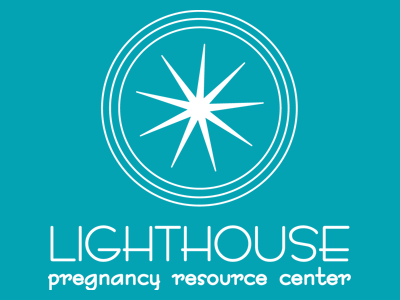FAQ
How Do I Confirm My Pregnancy?
You may already have taken an at-home pregnancy test but are still wondering if you’re really pregnant. Though these tests are 99% accurate, there is a chance of inaccuracy if you took a test at the wrong time or the wrong way. A urine test only indicates the presence of hCG – the “pregnancy hormone” – but doesn’t indicate if hCG levels are increasing or decreasing. The results from an ultrasound after 5-6 weeks’ gestation are much more accurate for confirming a pregnancy.
If you are experiencing any pregnancy symptoms, a trained member of the Lighthouse PRC staff can provide you with a free, lab-quality pregnancy test. In most cases, if your test is positive, we can schedule you for an ultrasound exam. This can help you move forward in your pregnancy journey.
When Should I Take a Pregnancy Test?
The best time to take a pregnancy test to receive the most accurate results is at least one week after your missed period. A pregnancy hormone called hCG needs this amount of time to produce a detectable amount of hCG on a pregnancy test.
How Much Does My Appointment Cost?
At Lighthouse Pregnancy Resource Center, our services and support are no cost to you. Whether you need to confirm your pregnancy, need STD testing, or an options consultation – it’s completely free and confidential!
Do I Need an Ultrasound?
If your test result is positive, we can offer you an ultrasound exam – at no charge – to medically confirm your pregnancy. An ultrasound is needed to confirm your pregnancy, determining three vital details of your pregnancy, including:
- How far along you are in your pregnancy
- The viability of your pregnancy (if there is a heartbeat)
- The location of your pregnancy (if it’s growing within your uterus or not)
Don’t skip this vital step of pregnancy confirmation today, as it determines your pregnancy options. An ultrasound will also alert you to any pregnancy complications like miscarriage or ectopic pregnancy (where the pregnancy grows outside the uterus).
What are the Risks of Abortion?
Each type of abortion procedure comes with serious health risks. According to Medline Plus, common risks of surgical abortion include:
- Damage to the womb or cervix
- Uterine perforation (accidentally putting a hole in the uterus with one of the instruments used)
- Excessive bleeding
- Infection of the uterus or fallopian tubes
- Scarring of the inside of the uterus
- Reaction to the medicines or anesthesia, such as problems breathing
The Mayo Clinic shares common risks of medication abortion, including:
- Incomplete abortion (which may need to be followed by surgical abortion)
- Heavy and prolonged bleeding
- Nausea, vomiting, diarrhea
- Fever
- Infection

